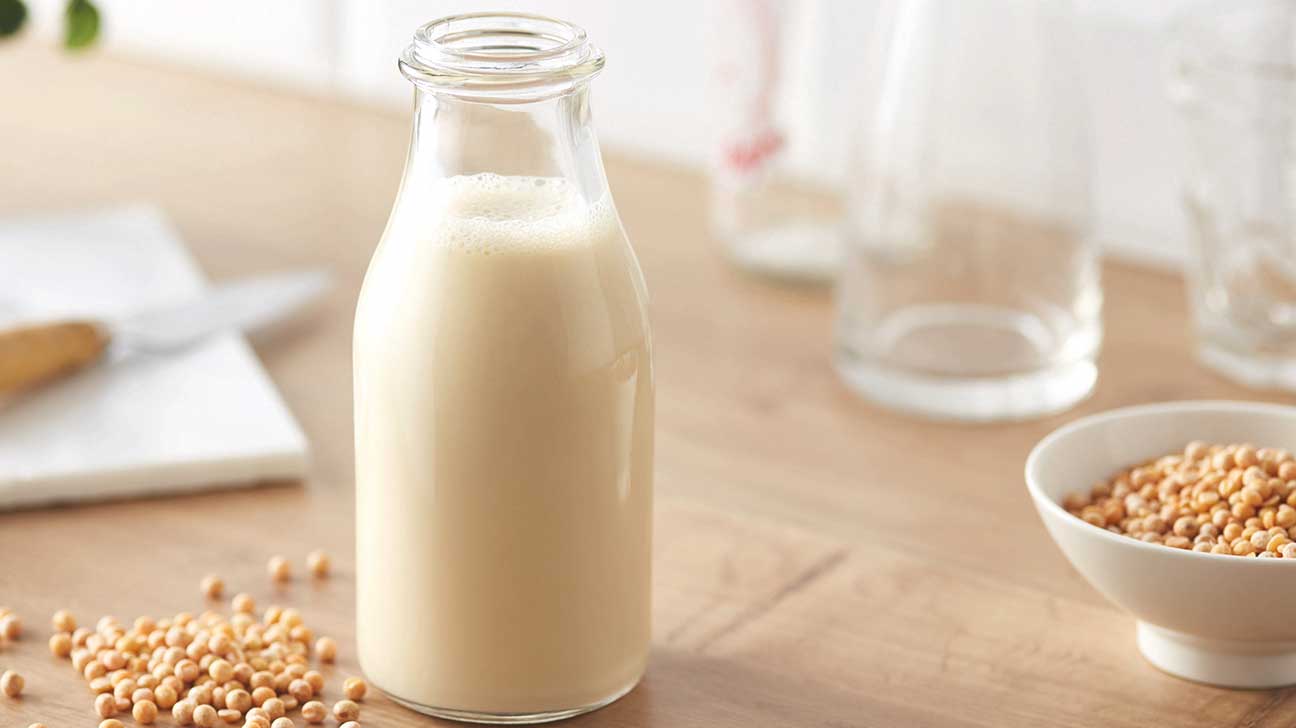A new study determined that kids who drank non-cow milk on a daily basis were statistically shorter than the average height for a child their age.
Researchers saw that each daily cup of non-cow milk drank by the child was associated with a 0.15-inch reduction in height.


Non-cow milk ingestion leads to slightly shorter children
The study comes from the general idea that cow milk leads to a healthier growth rate in children, a measure often related to health and overall development. Now, due to the abundance of non-cow milk products, parents have started to doubt whether cow milk is best for their children. Additionally, vegan families are against consuming any product that may come from an animal, which is a direct influence toward whether they decide to buy cow milk-based products.
Researchers from Ontario, Canada, were prompted to find if cow milk is either harmful or beneficial for children. They focused on child height as a rule, which can sometimes reveal if a child is receiving the right amount of nutrients over the course of its early life.


To study whether milk had a significant effect on child growth rate, researchers recruited 5,034 Canadian children aged from 2 to 6, slightly over half of them being boys. The children were reached through clinics involved in the study between 2008 and 2015.
3 percent of the kids did not drink milk, 5 percent drank only non-cow milk, 84 percent drank only cow milk, and 8 percent drank both types of milk.
Results showed that non-cow milk dosage could be directly associated with a lower height, concluding that each daily cup of non-cow milk consumed results in the child being 0.4 centimeters shorter, or 0.15 inches. A 3-year-old that consumed 3 daily cups of non-cow milk would be 1.5 centimeters lower, which may not seem like much, but it is actually significant for a toddler.
“We don’t know if the kids consuming non-cow milk, maybe they catch up over time, or maybe they don’t. Time’s going to have to tell. We do know in general as pediatricians that children who are on a certain percentile line in terms of height tend to stay on that line for the rest of their childhood and into adulthood,” stated lead author of the study Dr. Jonathon Maguire, according to CNN.
Nutritionists assure that children younger than 2 need fat for nerve and brain development unless they’re overweight of course. Whole and low-fat milk are usually recommended by pediatricians as they are known to be good for their health.
Cow milk, just like the old saying goes, helps kids have strong bones. It is also fortified with vitamin D, vitamin A, protein, phosphorous, and some B vitamins.
Current U.S. dietary guidelines recommend kids younger than 4 to consume two daily servings of dairy, while those aged 9 to 18 can consume up to four servings. One serving would be equivalent to one cup of milk or yogurt, or one-and-a-half ounces of cheese.
